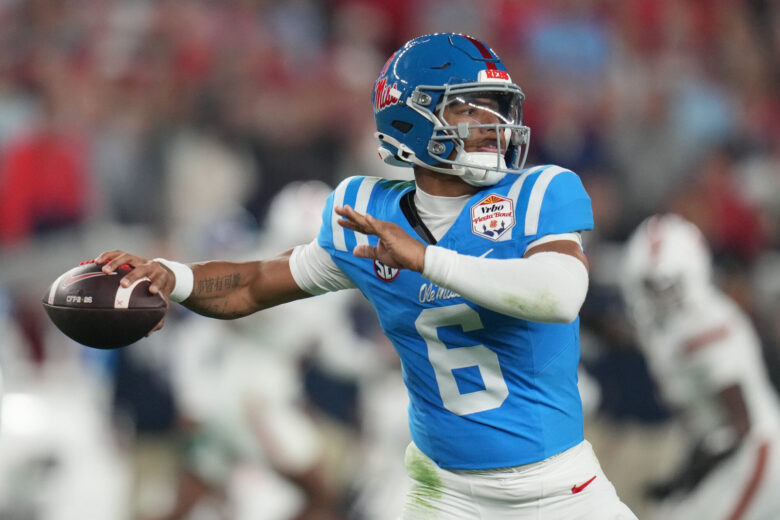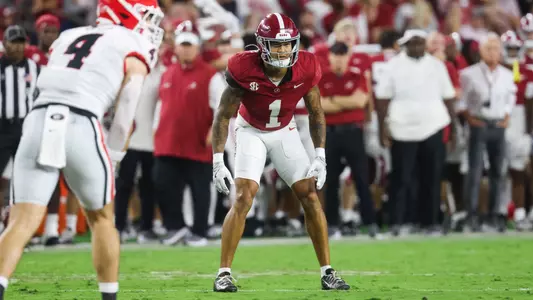Ahead of their upcoming clash against the California Golden Bears on October 18, there has been a lot of talk about Bill Belichick’s time at the North Carolina Tar Heels.
Indeed, the legendary NFL head coach, who achieved great success during his time with the New England Patriots, was expected to bring similar success to UNC. Many had expected him to make an immediate impact with the college program, with some even using their bet 365 bonus code to wager on their games because of the anticipation and excitement his appointment brought.
However, with just a few games into his tenure at the team, the 73-year-old has been in the headlines for all of the wrong reasons. He has struggled while in charge of the college football team, as they have labored to a 2-3 record in his first five games.
Their defeats have been by large point margins, with scores of 48-14 to TCU (first game), 34-9 (fourth game at UCF), and 38-10 (fifth game, against Clemson). Admittedly, his team found rhythm in the second and third matches, winning both by beating Charlotte 20-3 and Richmond 41-6, but things have been far from where many had expected.
So, why has Belichick struggled?
Cultural and Relationship Demands
It could be argued that there is a different type of demand on the culture and relationships that are built between players and coaching staff. Unlike the NFL, where success heavily relies on strategic planning and execution, college football emphasizes building relationships, trust, and connection with players. Belichick’s meticulous, control-oriented approach has struggled to translate into the college environment, where trust and rapport shape team culture more than rigid schemes.
Some have reported communication breakdowns and internal tension within the team, including players’ difficulty adapting to the regimented, pro-style system. An ongoing issue is the apparent lack of relational engagement in Belichick’s staff, which is critical in college settings.
Is Belichick Too Old-School?
The NFL experience is heavily schematic and technique-focused, while college football requires a greater emphasis on teaching and developing players who are still learning the game. Belichick’s technical mastery may not be enough; he needs to adapt his teaching methods to connect effectively with young athletes.
Additionally, Belichick’s highly disciplined, hierarchical style has clashed with the more relational culture that players were used to under previous coaches. The college environment often involves more emotional and social elements, and players’ perceptions of accountability, leadership, and communication have created unrest.
He may be too rigid to change, which has negatively impacted the team. Belichick’s self-described “relentless focus on details” and NFL-driven mindset may hinder his ability to relate to college players who value connection and mentorship more. His reluctance to incorporate college-style relationship-building has partly contributed to the team’s struggles.
Will Belichick Get It Right At UNC?
While it is impossible to deny his coaching abilities at the professional level of the sport, time will only tell if he can get it right at UNC.
To his credit, he remains committed to making his tenure at North Carolina work despite a difficult start and widespread criticism. He has categorically denied rumors that he is seeking an early exit and emphasizes that the program is in a rebuilding phase with a process-oriented approach that will eventually yield results.
Still, substantial work remains for him to prove his methods will translate into wins and a strong program at UNC.


